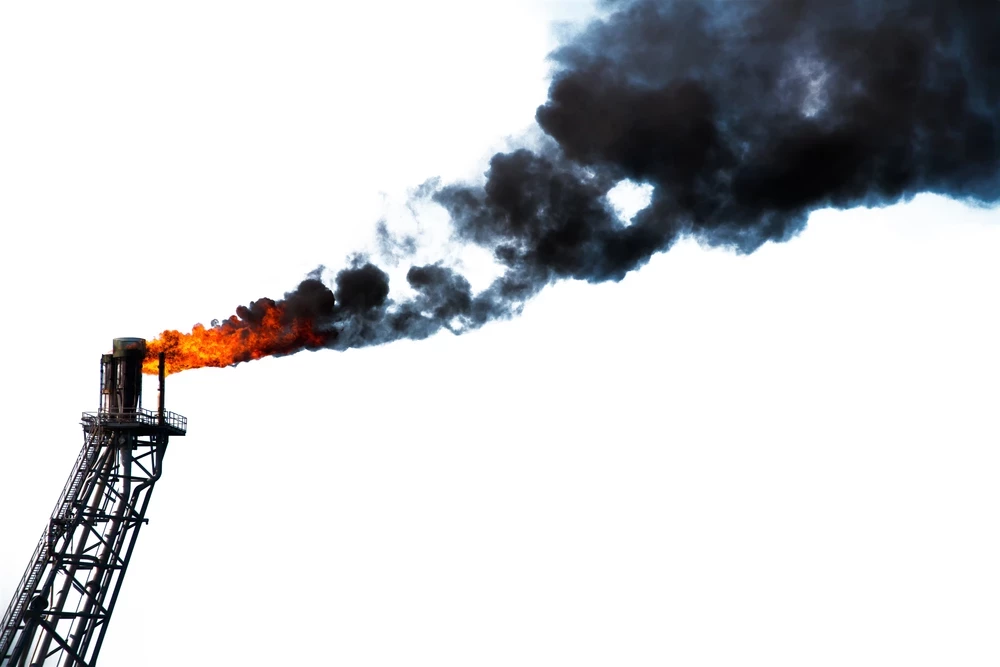What Are The Prospects For Arctic Oil And Gas Drilling?
Add bookmarkShell recently filed proposals to drill up to six exploratory wells in the Beaufort Sea, off the north coast of Alaska, with the United States authorities. Plans are also in place to drill a further four exploration wells in the Chukchi Sea and all of this is due to take place in the next two years.
The company has already shelled out $3.5 billion (£2.1 billion) in the region on leases, so far no new wells have started production due to issues with obtaining permits and court challenges. And this is where the crux of the issue with Arctic drilling lies.
It's thought around 13 percent of the oil and 30 percent of the oil and gas yet to be discovered in the world lie within the Arctic waters. And Shell is not the only one looking to gain access to these.
However, the damage operations and spills could do to the Arctic environment is putting a serious strain on operations, particularly in the wake of the BP oil spill in the Gulf of Mexico.
Gaining Approval
In its filing for approval to drill on the Beaufort Sea, and indeed on its own website, Shell claims its expertise gained through operating in the region for decades means it is capable of minimising the risk of a leak, and containing the oil if this does happen.
Pete Slaiby, vice president of Shell Alaska, said: "We believe the conversations we are having with regulators and government officials are more positive in view of the safeguards we have put in place, even prior to the Macondo incident.
"As a result, we are cautiously optimistic we will be allowed to pursue a multi-well drilling program in 2012 as we have always planned."
The proposals have yet to be approved, but Shell has already been subjected to stricter regulations by the Environmental Protection Agency (EPA).
In issuing its air permit in 2010 for drilling exploration in the Chukchi Sea, the EPA said the permit granted was tougher than the one originally proposed due to concerns from the North Slope communities.
"We now have a permit with tighter emission limits and more stringent reporting requirements. For example, since the permit was proposed in August, we've reduced the allowable limits for sulfur dioxide by 98 percent and fine particulate matter (PM 2.5) by nearly 75 percent," Rick Albright, director of the EPA's Air, Waste & Toxics office in Seattle, said.
Even these were then rejected by the Environmental Appeals Board.
Streamlining Permits
On the other side of the aisle, there are those who are looking to speed up the approvals and encourage oil and gas companies to tap into the rich resources in the Arctic.
Cory Gardner, Republican representative for Colorado, submitted a Bill which would streamline and speed up the approval process for Arctic drilling permits, which is largely supported by lawmakers in Alaska.
Under the legislation, the EPA would be required to approve or deny permits within six months of receiving them. Both the Democrats and Republicans were said to show some form of support for the bill, however, there are concerns that the right balance must be found.
Energy and Commerce Committee Chairman Fred Upton said: "While the permitting delays off the Alaskan coast have drawn a great deal of attention, this proposal would promote offshore production elsewhere as well."
Speaking during a hearing of the bill, Alaskan senator Lisa Murkowski said: "It is absolutely indefensible for a permit application to take six years."
The problems experienced in Alaska are not unique. Restrictionsare being experienced in Greenland, a prime target for Cairn Energy, with United States Secretary of State Hillary Clinton calling for a spill taskforce to be set up in the region.
Environmental campaigners are also doing their bit to slow production, with protestors boarding drilling rigs, and the World Wildlife Fund has already spoke out against Alaska's plans. Only time will tell to what extent these objections affect operations.





















